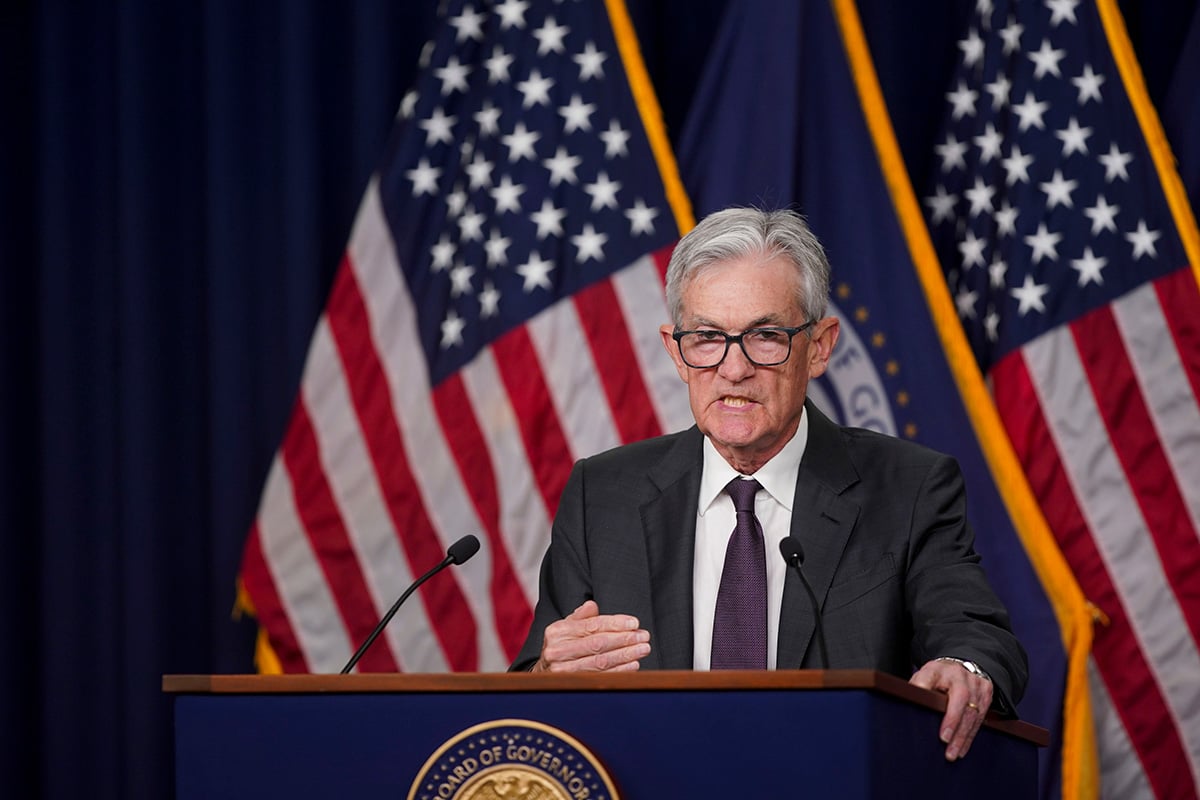 There was a time not so long ago when the vast majority of experts agreed that a country could not emerge decisively from a financial crisis unless it solved problems of both “stocks” and “flows”—that is, secured a flow of money to cover its immediate needs and found a way to manage its stock of outstanding debt over time.
There was a time not so long ago when the vast majority of experts agreed that a country could not emerge decisively from a financial crisis unless it solved problems of both “stocks” and “flows”—that is, secured a flow of money to cover its immediate needs and found a way to manage its stock of outstanding debt over time.
In Europe today, this conventional wisdom appears to be fading. The temptation there is to declare victory having solved only the flow, not the stock, challenge.
The flow/stock intuition is quite straightforward. In the first instance, a crisis-ridden country must generate enough resources to meet its pressing funding needs, and do so in a manner that does not erode its growth potential. Soon thereafter—or, even better, simultaneously—the country needs to realign its longer-term payment obligations in a manner that is consistent with both its ability and willingness to pay.
Unless a country does both, the productive commitment of its own people and companies will be too tentative to drive a full and proper recovery. It will also be a lot harder to attract the scale and scope of long-term foreign direct investment that is so helpful for enhancing growth, jobs, and national prosperity.
The need for a comprehensive approach was most vividly illustrated during the Latin American debt crises. Having secured sufficient emergency financing and embarked on serious economic reform efforts, the successful countries devoted lots of effort to improving their debt maturity profiles, better aligning the currency composition of their debt, and, most important, reducing the size of their contractual obligations. These efforts were instrumental in productively re-engaging the domestic private sector and in attracting sizable foreign investment.
Peripheral countries in the euro area—such as Greece and Portugal—have done a lot to deal with their flow challenges over the last few years. They have also made some progress in addressing stock challenges, yet quite a bit remains to be done.
Consider the case of Greece. Serious and difficult multiyear efforts to cut deficits and reduce inefficiencies have significantly improved domestic finances. Indeed, Prime Minister Antonis Samaras stated in a recent interview: “We have no fiscal gap; we have no financing gap.”
By improving the maturity of its debt service payments, Greece has also started to address its stock challenges. But its stock of sovereign debt is still hovering at 180 percent of gross domestic product—an excessively high level for a country wishing to grow quickly, if only to be able lower its 26 percent unemployment rate and even more alarming youth joblessness of well over 50 percent.
None of Greece's regional and multilateral friends—be it the European Commission, the European Central Bank, the International Monetary Fund, or Germany—has much desire to highlight this stock issue, especially as their loans may be among those mentioned for some type of forgiveness.
Greece averted a much bigger economic and social disaster thanks to its willingness to step up courageously and provide massive emergency financing. It is understandably hesitant to go back to its stakeholders—many of whom initially opposed the lending—and suggest that the loans should be forgiven, even partially.
Don't look for private creditors to make much of a fuss, either. True, new and prospective creditors would be more secure if part of the old debt was somewhat extinguished. But with Greece's immediate flow issues resolved, and with the central banks around the world holding interest rates at low levels, they are just thankful to be able to invest in higher-yielding, short-maturity Greek bonds. Older private creditors, for their part, have already suffered a round of deep debt restructuring.
As mutually reassuring as all this may sound to the parties involved, the collective obfuscation will do little to solve Greece's need for many years of high economic growth to make its debt burden more bearable. No wonder Samaras is insisting on Greece's euro-area partners “keeping their part of the deal” made in 2012 to provide further debt relief to his country once its budget—excluding interest payments—reaches surplus. He will need to do a lot more insisting now that European leaders and markets have lost their sense of urgency. And they will look for him to do a lot more domestically.
—————————–
Mohamed El-Erian is the former CEO of Pacific Investment Management Co. (PIMCO). He now serves as chief economic adviser to Allianz SE.
Complete your profile to continue reading and get FREE access to Treasury & Risk, part of your ALM digital membership.
Your access to unlimited Treasury & Risk content isn’t changing.
Once you are an ALM digital member, you’ll receive:
- Thought leadership on regulatory changes, economic trends, corporate success stories, and tactical solutions for treasurers, CFOs, risk managers, controllers, and other finance professionals
- Informative weekly newsletter featuring news, analysis, real-world case studies, and other critical content
- Educational webcasts, white papers, and ebooks from industry thought leaders
- Critical coverage of the employee benefits and financial advisory markets on our other ALM sites, PropertyCasualty360 and ThinkAdvisor
Already have an account? Sign In Now
*May exclude premium content© 2025 ALM Global, LLC, All Rights Reserved. Request academic re-use from www.copyright.com. All other uses, submit a request to [email protected]. For more information visit Asset & Logo Licensing.





